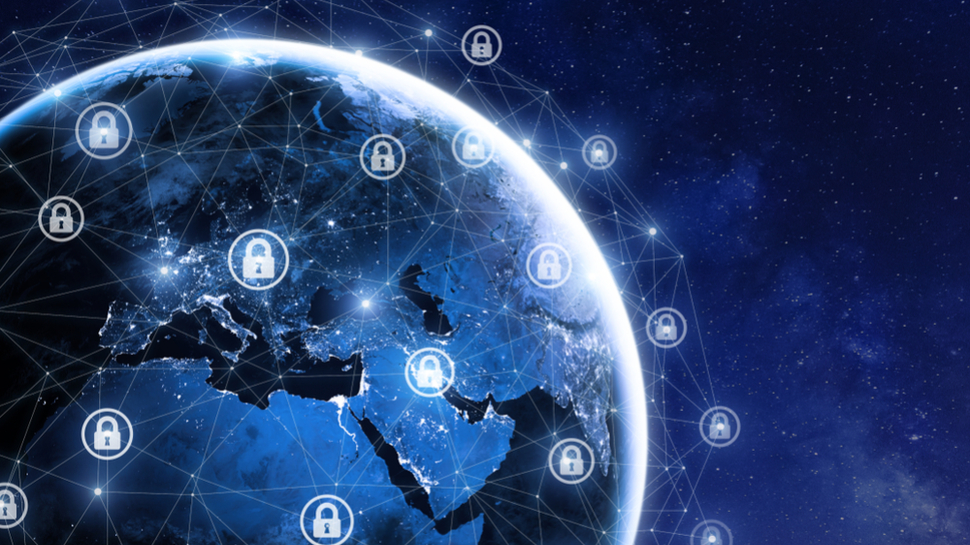Businesses turn to SASE, zero trust to solve remote working challenges
Security is a key challenge for the remote workforce, and SASE and zero trust seem to be the answer

Sign up for breaking news, reviews, opinion, top tech deals, and more.
You are now subscribed
Your newsletter sign-up was successful
Now businesses have enabled their employees to operate remotely, their attention is shifting towards protecting them from increasingly damaging cybersecurity threats. Of all the different ways they could set about the problem, many companies are opting for either SASE or zero trust strategies.
This is according to a report recently published by ISACA and HCL Technologies, based on a poll of more than 3,600 cybersecurity professionals worldwide. It states that the adoption of SASE or zero trust is the highest among pharma, medical, and healthcare organizations (48 percent), closely followed by finance, banking and insurance (46 percent).
Data loss prevention (DLP)
Regardless of the industry, data loss prevention (DLP) seems to be the most popular of all SASE technologies, followed by secure web gateway, zero trust and SD-WAN.
When it comes to type of threat, social engineering remains the most common, followed by advanced persistent threats (APT), ransomware, the exploitation of unpatched systems and denial of service (DoS) attacks.
The biggest concerns among respondents were the potential damage to enterprise reputation, data theft and supply chain disruption.
SASE and zero trust aside, businesses are also increasingly turning towards artificial intelligence (AI), whose use in SecOps is up four percent year-on-year. The report also suggests that there are many enterprises still researching and developing their AI capabilities and are not yet ready to go public with it - a “promising” stat for the future of AI.
- Check out our list for the best antivirus software
Sign up to the TechRadar Pro newsletter to get all the top news, opinion, features and guidance your business needs to succeed!
Sead is a seasoned freelance journalist based in Sarajevo, Bosnia and Herzegovina. He writes about IT (cloud, IoT, 5G, VPN) and cybersecurity (ransomware, data breaches, laws and regulations). In his career, spanning more than a decade, he’s written for numerous media outlets, including Al Jazeera Balkans. He’s also held several modules on content writing for Represent Communications.